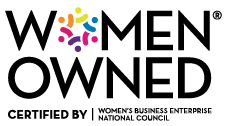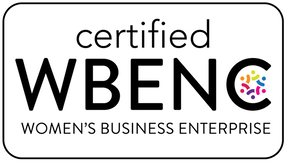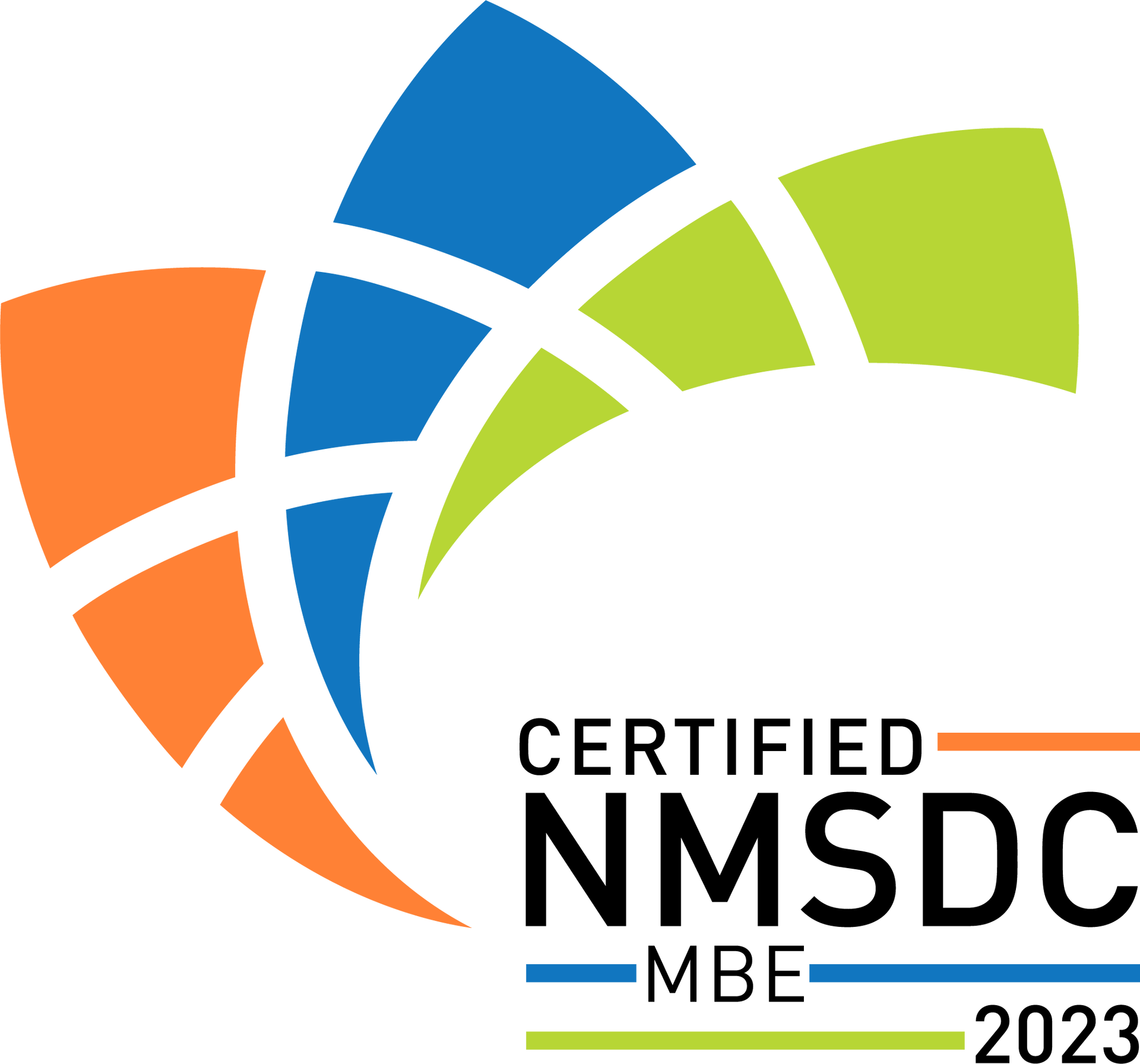Enough Is Enough: Supporting Black Women in the Workplace from Advocacy to Allyship (Part 1)
New Title
This week, the issue surrounding the state of Black women in the workplace has garnered significant attention in the news. It has become evident that Black women leaders and employees are feeling unsupported and lacking the necessary resources to thrive in their professional environments. As a Black woman working within diversity, equity, and inclusion (DEI), I have ardently supported my community, particularly my sisters.
An enlightening Essence article titled "Black Women in White Workplaces Are More Likely To Be Considered Low Performers" delves into the disheartening reality faced by Black women who find themselves as the sole representation in predominantly white workspaces. The article reveals findings from a Harvard Kennedy School working paper released last month. According to this research, Black women in such situations often receive subpar job performance reviews.
The question then arises: why does this occur? The answer lies within the isolating and solitary experience of being the only Black individual in an all-white team or department. Navigating a predominantly white workspace while being Black is an experience that resonates with many Black women. It generates feelings of loneliness and exclusion, especially when faced with systemic biases that perpetuate the marginalization of Black individuals in the corporate landscape.
Furthermore, this lack of mentorship and guidance is not only a hindrance to individual growth but also to overall diversity and inclusion efforts within organizations. Without diverse perspectives and voices at the table, businesses miss out on the unique ideas and contributions that Black women bring.
Mentorship plays a vital role in empowering individuals to reach their full potential. It provides guidance, encouragement, and a sense of direction, especially crucial for those facing systemic barriers and biases. By fostering mentorship programs specifically tailored to support Black women, organizations can create an environment where these individuals can thrive, succeed, and ultimately contribute to the company's overall success.
In addition to mentorship, allyship is another critical factor that can significantly impact the experiences of Black women in the workplace. Allies actively support and advocate for marginalized individuals, using their privilege and influence to challenge systemic biases and create a more inclusive environment. Individuals and organizations can help break down barriers, address unconscious biases, and create a more equitable workplace for all by actively seeking to become allies.
Recognizing the importance of mentorship and allyship is the first step toward creating positive change. Organizations should strive to provide comprehensive mentorship programs that pair Black women with experienced professionals who can offer help, assistance, and guidance to help them succeed. Workplaces and resources that should provide a soft landing for Black women to be human, make mistakes, and recalibrate when and if needed.
I see incredible potential in places most people don't think to look. As a Black woman and small business owner of a diversity staffing boutique and career coaching service, my team and I walk alongside our clients in creating genuine professional environments for ALL. I believe in our interconnectedness as a human race and strive daily to use my gifts to empower the invisible and powerless. I rarely bet on certainty and always root for the underdog because those are the best stories to tell.






